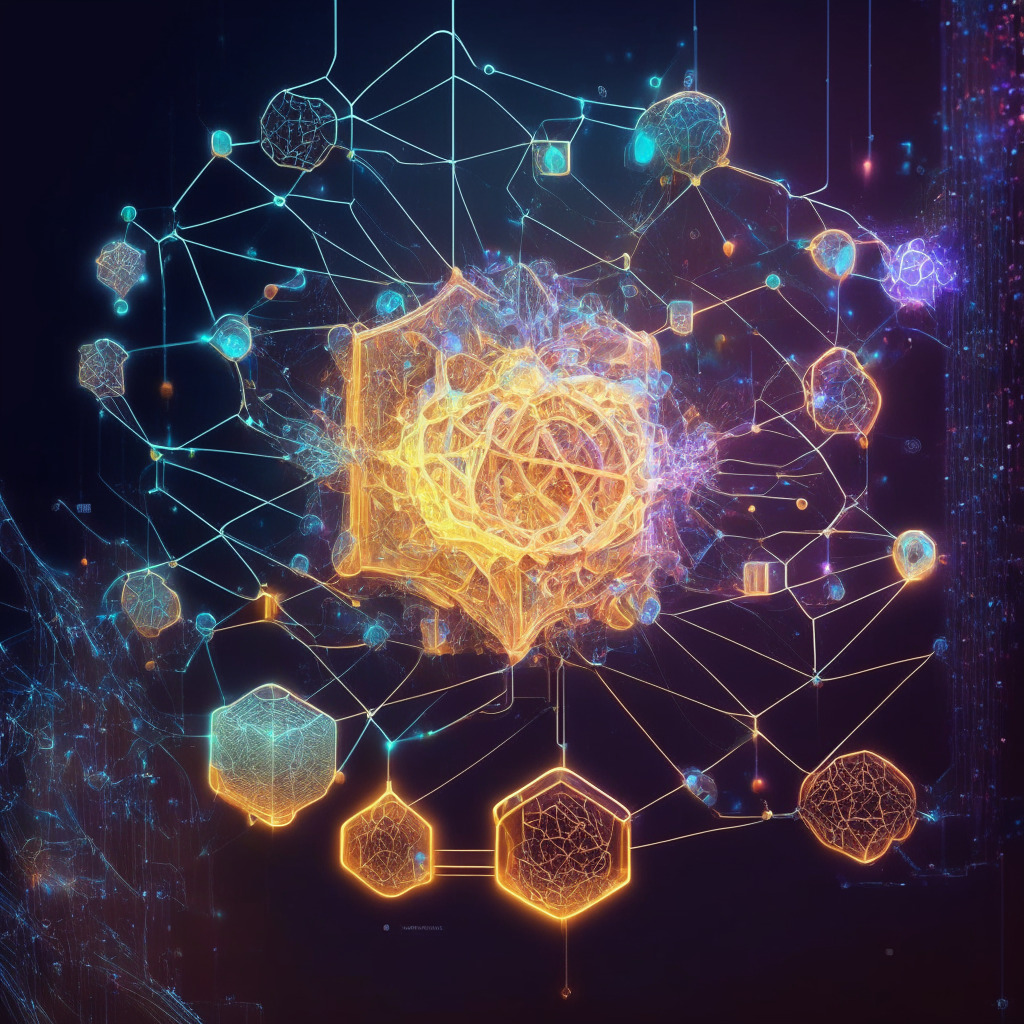A visit to Berlin provided a glimpse into our future relationship with artificial intelligence (AI) – a simple device known as “The Orb”. This device, designed by Worldcoin and co-founded by Sam Altman and Alex Blania, promises a future where AI, crypto, and global wealth distribution intersect.
The Orb, about the size of a bowling ball, scans your iris – the most definitive proof of human identity – and verifies your humanity. This might seem like a dystopian concept, but over two million people have already accepted their irises scanned by The Orb. This device is the muscle propelling the vision of Worldcoin, which states that as AI evolves into advanced general intelligence (AGI), surpassing human abilities, it will create an economic leap. Instead of the wealth being monopolized by a few, it shall be equitably shared amongst all of humanity as universal basic income (UBI). The medium of this distributed wealth will be cryptocurrency, specifically Worldcoin.
There are skeptics of UBI, but co-founder Sam Altman believes that societies with substantial resources have a moral obligation to eradicate poverty. The introduction of AI to this framework only heightens the urgency for some kind of cushion during the transition from traditional workspaces to AI-dominated ones. Worldcoin may be the gateway to a world of abundance, courtesy of AI. However, to ensure fair distribution of tokens, they needed to verify a user’s humanity, hence the invention of The Orb. Yet the decision to use biometric data wasn’t taken lightly due to the controversial implications it could have.
In the Berlin office, the CEO of Worldcoin, Alex Balania believes the Worldcoin’s infrastructure will provide the most frictionless crypto onboarding experience yet seen, assuming one is comfortable with the iris-scanning process involved. Critics of the idea, however, have been keen to point out potential flaws. Data security is the key concern. Worldcoin assures that the Orb only verifies your humanity and not your personal details, but global adoption could present vulnerabilities.
But perhaps the biggest cause for concern is the uncertain socio-economic consequences this could reap. Worldcoin argues that if it is successful at equipping people with WorldIDs and UBIs, it could reshape societal structures. It also presents a potential headache for policymakers all over the world who may have to grapple with the implications. If humanity is compensated not by its labour, but from AGI benefits, that would represent a seismic shift in how the world is structured, potentially forcing governments to insist on regulating it.
Then, there is the fact that Worldcoin and projects of this nature are a long way from definitive success. The most chilling risk, according to Worldcoin’s founders, is not about the failure of their project but about the reality that something like a biometric WorldID will indeed be needed – and if their endeavour fails, it may come from a source that’s not focused on preserving privacy.
Source: Coindesk



